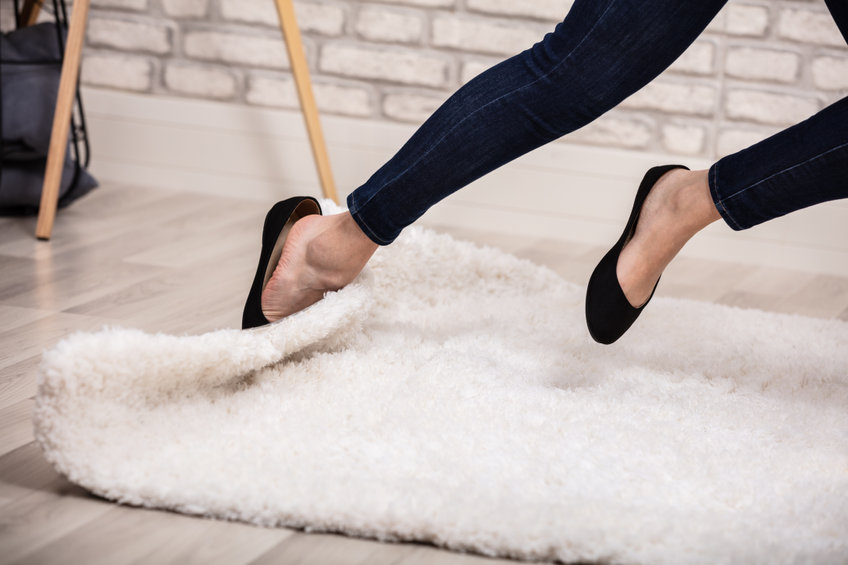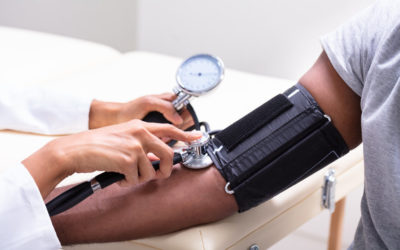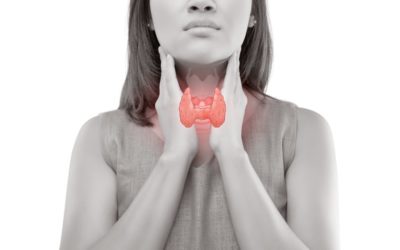As people age, they have an increased risk of falling. This is because of changes in being able to walk steadily and keep your balance, or even because of increased medication use. Falls in older people can be serious, leading to fractures and hospitalizations. Up to 30-40% of people over the age of 65 fall each year. Once you’ve fallen, you’re at a higher risk of falling again. If a fall leads to a broken bone, it is more difficult to recover when you’re older. Up to 75% of people who fracture their hip never recover back to normal.
How can you avoid falls?
Talk to your doctor. Make sure they know if you’ve fallen in the past. Doctors can help suggest ways to prevent falls. If you have certain health conditions that affect eyesight, hearing, muscle strength, nerves, or balance, it can put you at increased risk of falling. Make sure to appropriately manage these conditions with your health care provider. Certain medications also can increase the risk of falling. If you have had recent changes or additions of medications to your regimen, it can put you at risk of falling. If you take medications for sleeping problems, anxiety, blood pressure, pain, or depression, you may be more prone to falling as a side effect of medications. Talk with your health care provider or pharmacist before stopping your medication if you think any of your medications are leading to side effects that may cause you to fall,.
Read more about common side effects of Blood Pressure Medications.
Make sure your home is a safe place for you to avoid falling. Keep it well-lit and don’t have clutter on the floor that may cause you to trip or slip. Wear non-slip shoes or slippers around the house that fit well. Use a device to help walk, like a cane or walker. Hold onto railings, or have railings installed in your home if you do not already have some. These include grab bars in the shower and rails on the stairs. Regular activity and exercise may help lower your risk of falling and even help prevent you from getting hurt if you do fall. If you are at risk of falling and are worried you won’t be able to get up, there are necklace alarm buttons available to help you call for help in case of emergencies (ex. Life Alert). It is possible that taking vitamin D supplements could help reduce the risk of falling in older people because it can help strengthen your bones and muscles. Your health care provider can help determine if you should take vitamin D and how much.
What should you do after a fall?
Notify your health care provider. They can help figure out what caused you to fall and ways to prevent falls in the future. Your provider will likely do a physical exam and ask you about your health problems, medicines, home set up, and activities.
Resources:
UpToDate












